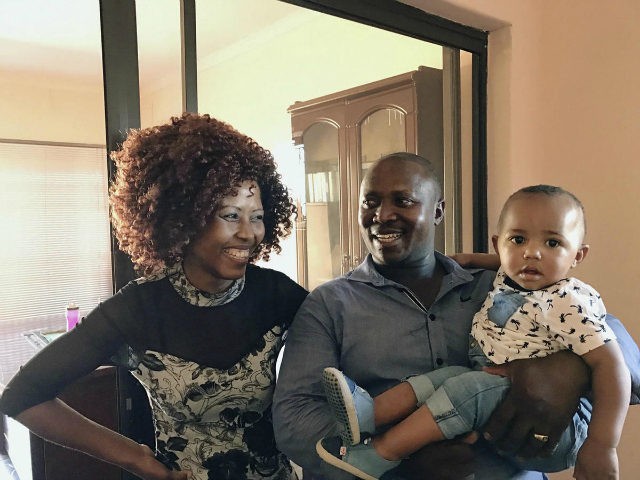Oklahoma Gov. Mary Fallin signed a bill Friday that will protect private adoption agencies from coercion, discrimination, or punishment as they help orphans find homes with a mom and a dad.
Bill 1140, drafted by Republican Sen. Greg Treat, provides legal protections to faith-based agencies that will not place children in homes with same-sex couples because of religious or moral convictions.
While opposed by the LGBT lobby, many are touting the law as a victory for true diversity and religious freedom, as it offers options to Christian families that had been denied to them previously.
In many states, Christian adoption agencies suffer discrimination for insisting on placing children in homes with a mother and a father. Many Christian parents who put their children up for adoption prefer they be placed in a home with a Christian mom and dad but are often unable to have their wishes fulfilled because of legal restrictions.
In 2011, most of the Catholic Charities affiliates in Illinois announced they would be closing down rather than complying with a requirement forcing them to place children with same-sex couples as foster care and adoptive parents.
“In the name of tolerance, we’re not being tolerated,” Bishop Thomas J. Paprocki of the Diocese of Springfield said at the time.
Oklahoma’s Catholic bishops have praised the new law, noting in a statement that it will “bring more adoption services to the state and allow crucial faith-based agencies to continue their decades-long tradition of caring for Oklahoma’s most vulnerable children.”
Predictably, the mainstream media, including AP, Reuters, CNN, and NBC News, marched in lockstep to highlight LGBT opposition to the bill, rather than its emphasis on putting children first and protecting religious liberty.
NBC said the bill was “aimed at curtailing LGBTQ rights,” while the AP dedicated more than a third of its text to airing LGBT grievances against the new law. Each added a token comment in favor of the legislation near the end of the article.
In fact, the new law does not even mention same-sex couples or LGBT issues, but merely defends private child-placing agencies from having to participate in the placement of a child for foster care or adoption “when the proposed placement would violate the agency’s written religious or moral convictions or policies.”
In evaluating prospective adoptive parents, all adoption agencies legally discriminate based on a number of factors, to make sure children are placed in the best homes possible. Economic level, education, employment, lack of drug use, and many other elements enter into the decision-making process. Christian agencies’ acting on their conviction that a child benefits from having both a mother and a father follows this same pattern of careful discernment.
The bill does not do anything “to prohibit same-sex couples from adopting,” Treat said. “All it does is protect faith-based institutions who wish to participate, and some are sitting on the sideline right now, and I hope to get them involved to help us take care of the huge need.”
“I would not be standing here on a bill as controversial as this if I didn’t believe it would help more children to get into loving homes,” Treat said.
The new law is slated to go into effect on November 1.
Follow Thomas D. Williams on Twitter Follow @tdwilliamsrome

COMMENTS
Please let us know if you're having issues with commenting.